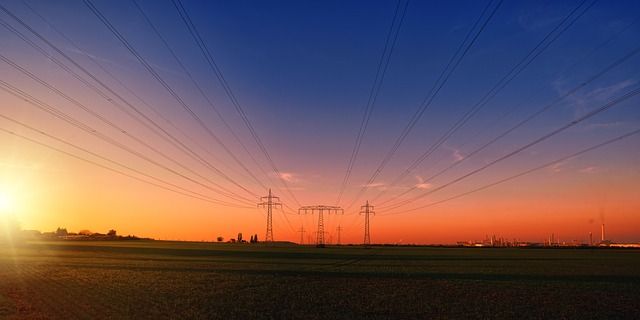If Vladimir Putin thought he could weaponise energy resources to put Europe under pressure and change minds about his invasion of Ukraine, he can think again.
It hasn’t worked in Denmark anyways.
A milder than usual winter combined with the population saving on gas and electricity led to record low energy consumption in January.
According to figures from Energistyrelsen energy authority, electricity and gas usage was down by 13 and 26 percent compared to normal.
“The Danes have taken their good saving habits into the new year, so we’ve made it through the winter with flying colours so far,” said Martin Hansen, the deputy head of Energistyrelsen.
Hansen went on to say that it was important for people in Denmark to continue their thrifty habits in order to ensure continued supply stability.
Look to the pyramid
For households in particular, electricity savings were considerable – a reduction of over 20 percent on the norm.
The results follow on the heels of three months in 2022 where household electricity reduction dipped by around 15 percent.
Energistyrelsen has evaluated that energy supplies remain stable across all energy sources and that gas stores are in better shape than is typically seen this time of year.
“A continuing stable supply situation is dependent on us maintaining the good saving habit – even if we are heading towards warmer times,” said Hansen.
To this end, Energistyrelsen has produced an electricity pyramid guide to help the public more efficiently save on power consumption.
In the image below, the biggest electricity savings can be attained in the lowest levels of the pyramid.
For instance, you can get far more savings by cutting down on dishwasher use than you can by turning off the radio or charging your phone.















